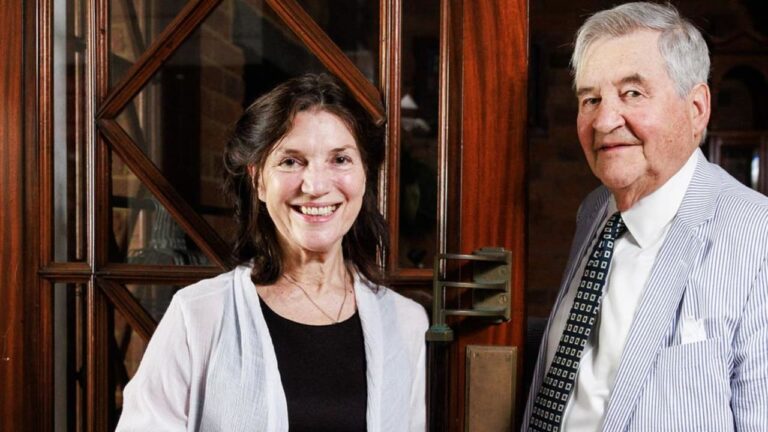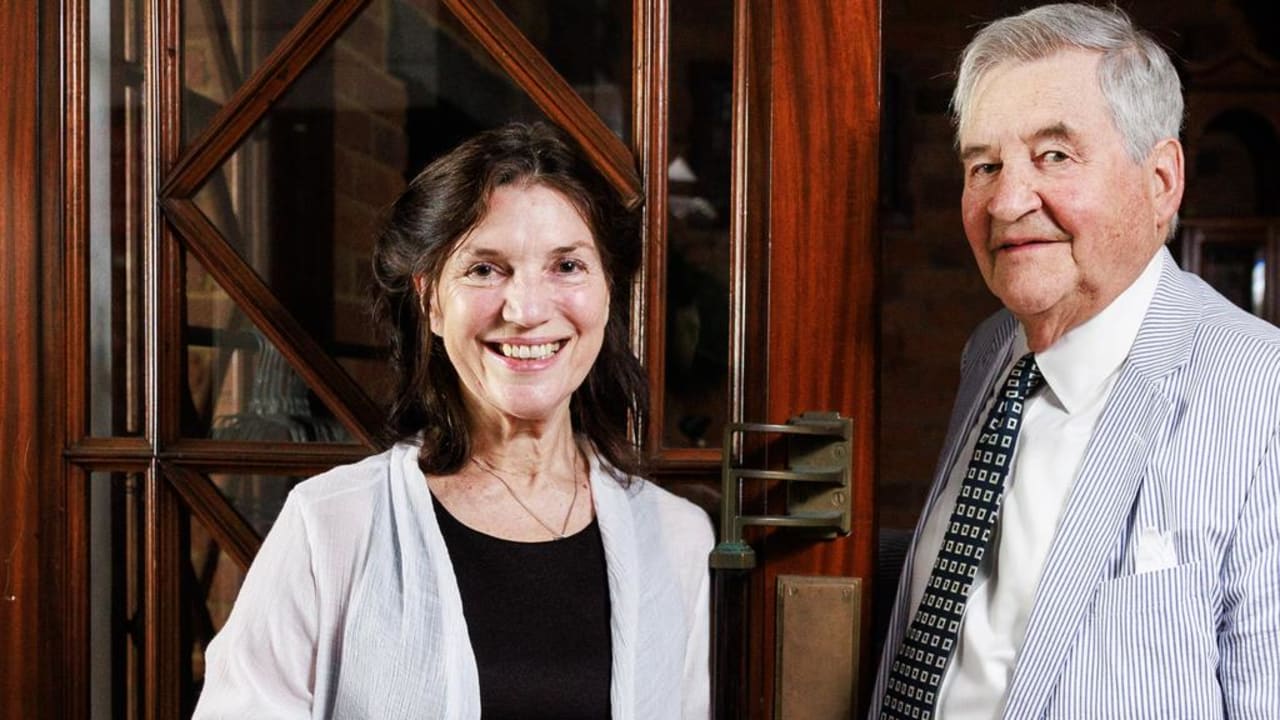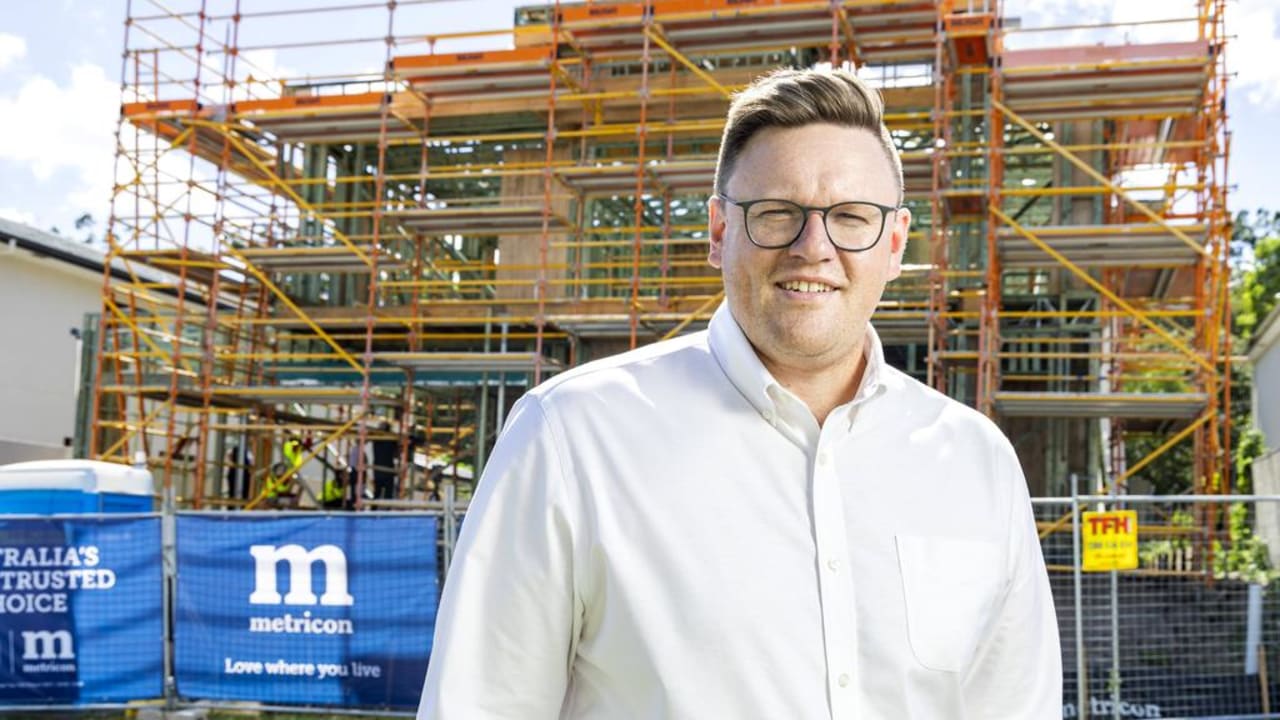[[{“value”:”
More than 1.6 million homeowners remain on the brink after the Reserve Bank refused to rule out more rate hikes, the relief could be short-lived as over
New figures released by Roy Morgan reveal 1.659 million mortgage holders, (29.5 per cent), are now considered at risk.
RELATED: Private wine paradise has karaoke, teppanyaki rooms, secret trapdoor
Melbourne Feng Shui home sparks bidding war
Aussies spending $5bn+ more on mortgages than in 2022
Roy Morgan chief executive Michele Levine said mortgage holders across Australia experience temporary relief from financial strain.
Recent reports suggest that the number of mortgage holders at risk will decline in the coming months, unless the Reserve Bank of Australia (RBA) decides to raise interest rates.
The official interest rate stands at 4.35 per cent, a level not seen since December 2011 — the highest recorded level of mortgage stress was 35.6 per cent in mid-2008.
The Roy Morgan report found that the number mortgage holders considered ‘extremely at risk’ has surged to 1.013 million (18.6 per cent), significantly higher than the 10-year average of 14.5 per cent.
All eyes were on the Reserve Bank as Governor Michele Bullock discussed the Reserve Bank Board’s monetary policy decision.
Projections indicate a worsening scenario if the RBA raises interest rates by 0.25 per cent increase in November.
Should this occur, the mortgage stress level is expected to rise.
Roy Morgan chief executive Michele Levine said recent tax cuts have provided some relief to Australians experiencing mortgage stress.
“The latest Roy Morgan data shows 1.659 million mortgage holders were at risk in August 2024, marking only the fifth month this year that over 1.6 million mortgage holders were considered at risk.” Ms Levine said.
Despite the challenges, the employment market has shown resilience, with 375,000 new jobs created over the past year, aiding household incomes and mitigating mortgage stress levels.
Yet, inflation remains above the RBA’s preferred range of 2-3 per cent, with essential costs like petrol at record-high prices.
Mel Finance director Lumbini Wekunagoda advised first-home buyers to make additional repayments on top of the minimum to better manage potential rate increases.
Mel Finance director Lumbini Wekunagoda said first-home buyers are struggling, particularly those on capital city outskirts and not in professional roles.
“What we try to do is advise clients to make an additional repayment on top of the minimum,” Mr Wekunagoda said.
“Even if there is an increase, they can absolve their pressure, particularly with mortgage holders with higher amounts, by looking for better deals and going to their own lender to start negotiations about a reduction in the rate.
“Investors are asset-rich and cash flow-poor across the country.”
Mr Wekungoda said professionals in their late 20s to mid-30s are managing, but life changes could add more pressure.
“Those on a single income, first-home buyers, a typical life stage where they get into a house, after one to two years have a baby, drop to one wage; they’re the ones facing the hikes,” he said
“Besides the footy Grand Final, around this time last year we have usually seen our inquiries higher compared to now.
“What we’re seeing is even though consumers want a house, they have basically taken a back seat and are waiting for interest rates to come down.”
Mr Wekungoda predicted that interest rates will come down between February and May – followed by a nationwide property boom.
Mortgage Choice Berwick’s David Thurmond said he hadn’t seen a significant number of clients experiencing mortgage stress due to his mitigation strategies.
Mortgage Choice Berwick’s David Thurmond said he hadn’t seen a significant number of clients experiencing mortgage stress, but had clients who couldn’t prove their affordability to finance due to casual work.
“As soon as interest rates start rising with every decision by the RBA, we recommend that clients speak to us before considering debt consolidation to gain instant cash flow relief,” Mr Thurmond said.
“Mortgage stress is about cashflow management — we address it on a needs basis and discuss the pros and cons of debt consolidation by evaluating the current situation, to save clients from having to sell their homes.
“It’s a positive sign that the Australian finance system is functioning well, even though we see some struggling systems, we have had no major issues.
Mr Thurmond said the government’s interventions during the pandemic are being felt now. The market predicts that interest rates will fall by 1.5 per cent over the next 12 to 18 months.
Inflation was announced above RBA’s preferred range, with petrol prices at record highs.
“Buyers are assessed at 3 per cent higher than the current interest rate, showing that the system is working.
“After witnessing the situation in the US, buyers are hopeful that the RBA will lower the interest rate sooner (than not).” The RBA board said in a statement that inflation was still too high for interest rates to be cut.
“Inflation has fallen substantially since the peak in 2022, as higher interest rates have been working to bring aggregate demand and supply closer towards balance,” the report said
“But inflation is still some way above the midpoint of the 2–3 per cent target range.”
Sign up to the Herald Sun Weekly Real Estate Update. Click here to get the latest Victorian property market news delivered direct to your inbox.
MORE: Top AFL Brownlow Medal contenders kicking home goals
Victoria’s forgotten homes revealed
Sneaky home loan hack saves couple $1600 a month
david.bonaddio@news.com.au
The post Millions of Aussies face uncertain mortgage future amid rates hold and high inflation | Roy Morgan appeared first on realestate.com.au.
“}]]










